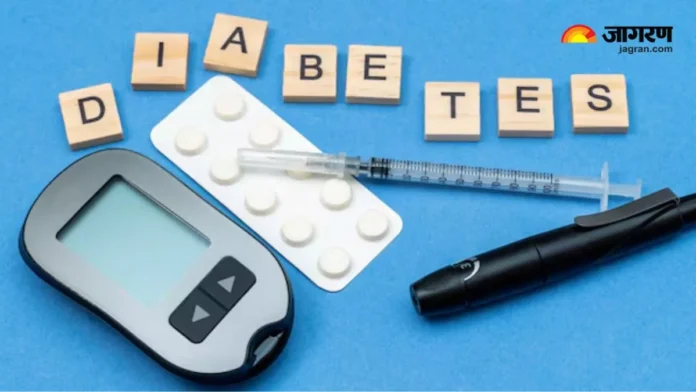Lifestyle Desk, New Delhi
Diabetes is becoming a major global health concern, and its cases are rapidly increasing, even among the younger population. It occurs when insulin—the hormone responsible for regulating blood sugar—is either not produced enough or doesn’t work properly. If not diagnosed in time, diabetes can lead to complications that affect vital organs. Early detection is crucial, and fortunately, the body often shows subtle signs before a blood test confirms the condition.
Excessive Thirst (Polydipsia)
A persistent feeling of thirst is one of the earliest and most common signs of diabetes. When sugar levels in the blood rise, the kidneys work harder to flush out the excess through urine. This leads to dehydration, triggering constant thirst.
Frequent Urination (Polyuria)
If you’re urinating more often than usual, especially at night, it may be a sign that your kidneys are eliminating excess sugar from your bloodstream. This frequent urination is often overlooked but is a classic sign of rising blood glucose levels.
Constant Fatigue
Feeling tired all the time, despite proper rest and nutrition, can be a symptom of diabetes. This happens because the body’s cells are not able to absorb glucose properly for energy due to insulin resistance or deficiency.
Dry and Itchy Skin
Diabetes can cause the skin to lose moisture, resulting in dryness and itching. It may especially affect areas like the hands, feet, groin, and underarms. High sugar levels also increase the risk of yeast infections, contributing to skin discomfort.
Dark Skin Patches (Acanthosis Nigricans)
The appearance of dark, velvety patches on areas like the neck, armpits, or thighs may signal insulin resistance. This condition, known as acanthosis nigricans, is often an early warning of prediabetes or type 2 diabetes.
Slow-Healing Wounds
Diabetes can affect blood circulation and damage nerves, slowing down the healing process. If small cuts, bruises, or sores take longer than usual to heal, it might be a sign that your blood sugar levels are elevated.
Tingling or Numbness in Hands and Feet
Although more common in advanced stages, some people may experience tingling, numbness, or burning sensations in their extremities due to nerve damage caused by prolonged high blood sugar levels.
When to Seek Help
If you experience two or more of these symptoms, especially if you have a family history of diabetes or lead a sedentary lifestyle, it’s essential to get your blood sugar levels checked. Early diagnosis and timely treatment can prevent serious complications and improve quality of life.



